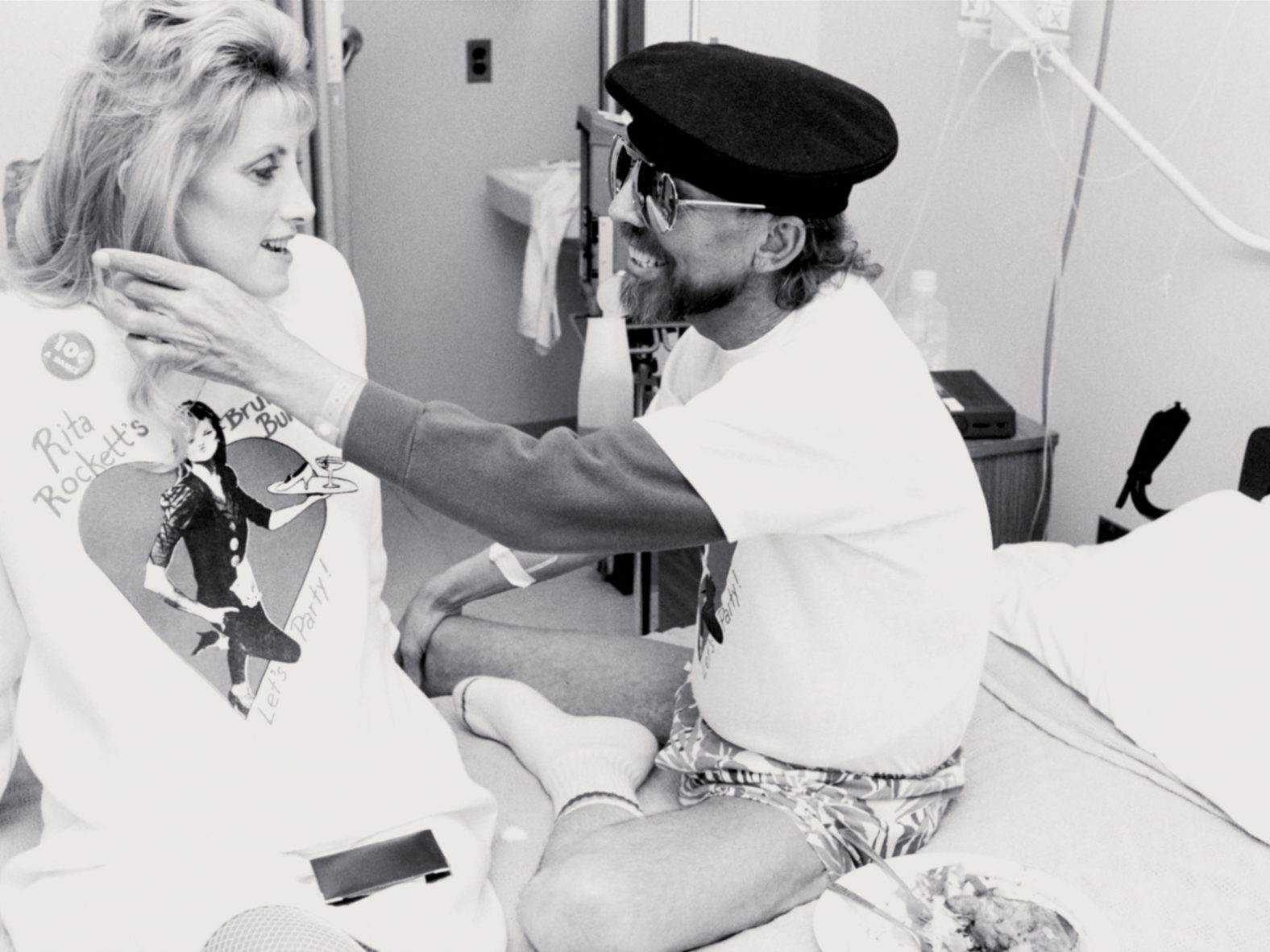Gripping from the opening shot, emotional and powerful every second, 5B is essential – and not a little ironic – viewing. This frank and pointed offering from Paul Haggis and Dan Krauss tells the story of staff, survivors and activists connected to the first HIV/AIDS focused ward in San Francisco General Hospital that revolutionised care in the twenty years it operated. Journeying through time, 5B exquisitely draws together first-hand accounts, archived footage, intimate storytelling, and commentary on a landmark decision before the California Occupational Safety and Health Administration about care for patients who had contracted AIDS.
5B’s main drive is to discuss the controversial approach to treating society’s scapegoats by nursing staff, who in a time when HIV/AIDS – then called “gay cancer” – was still feared to be airborne transmittable, made the decision to touch patients without gloves and with all the kind care they could give. Another unheard of decision was to allow patients to decide who they deemed family, flying in the face of protocols that prevented partners and friends from being with their dying loved ones in favour of alienating blood relatives.
As these nurses, their charges and the global AIDS community who grew to include intravenous drug users and children became more and more vilified, we zero in on the lives of Shane, a 23-year old patient holding on for acceptance from his family, and Mary Magee, who was for a time referred to as ‘Jane Doe’ and politically weaponised as a nurse who contracted AIDS by an accidental needle stick in the process of treating. These are incredibly powerful stories, and they are two of countless experiences through this hallmark time in queer community. 5B reminds us not to forget, and to continue connecting with people who have stories from this time around the world to tell.
There is never a dull moment in 5B, thanks in part to the director of photography, Andrew Eckmann, whose sweeping shots of the now closed ward serve as a sincere, perhaps haunting, testament to the lives spent there. The film’s strength though is absolutely in its archival footage, with credit to Shanti Avirgan, that allowed us to connect the characters from that time – to now, something we are sure not to take for granted in this film. There are faces and names we will not be as quick to forget due to the cinematic work that paints a multidimensional portrait of their contribution to queer history.
In the time of coronavirus, COVID-19, racism-driven media-fearmongering mass hysteria, 5B feels more relevant than is comfortable. This is not Holding the Man, or Angels in America. This is stains, screams and biohazard symbols, which makes 5B such an important part of educating our community. It’s rare for a documentary to truly be able to show insight from both sides of such a political issue, but there is conflict, doubt and regret present in the stories presented here. At the same time, there is a great deal of joy and release – “there’s too many Leos on nights”. See it by whatever means you can, for perspective, for discussion, for connection.
5B is screening in Melbourne as part of the Melbourne Queer Film Festival.
For more information, visit: https://mqff.com.au
For further information on the film, visit: https://5bfilm.com
